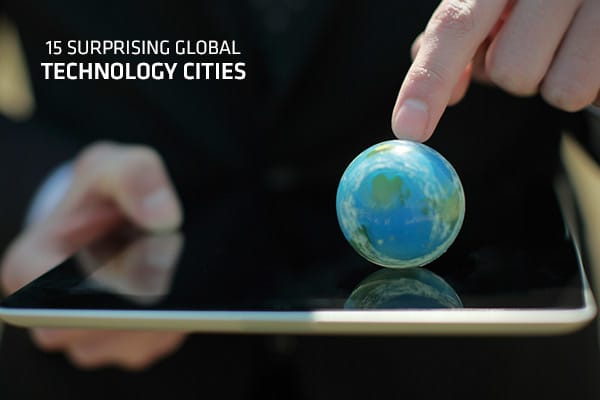
When it comes to technology hubs around the world, the usual suspects are pretty well known. Silicon Valley, Seoul and Tokyo are usually among the first names to spring to mind.
But as technology becomes more pervasive around the world, more countries are actively wooing tech companies to set up divisions (or headquarters) in their burgeoning tech centers or foster home-grown talent through startups.
For the past couple of years, the UN's World Intellectual Property Organization has put out the Global Innovation Index, which ranks countries on everything from infrastructure to educational assets to determine their innovation capabilities and results.
Virtually all of the top countries had notable technology hubs — though not all of them were names you'd expect to hear when you think of tech centers. Here's a look at some of the up-and-coming cities in the tech world.
By Chris MorrisPosted 10 Oct. 2012
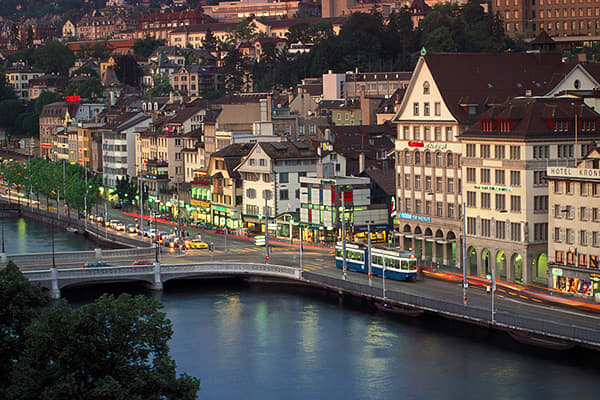
Zurich, Switzerland
Switzerland boasts more than 60 technology
parks and several venture funds and is attracting entrepreneurs from
around Europe at an astonishing rate. Swiss Start-up Monitor records 388
current startups in Zurich. It's also attracting some U.S. tech giants,
like Yahoo! and Google. The country's strong infrastructure doesn't
hurt either. Switzerland has one of the highest Internet and broadband
penetration rates in Europe.
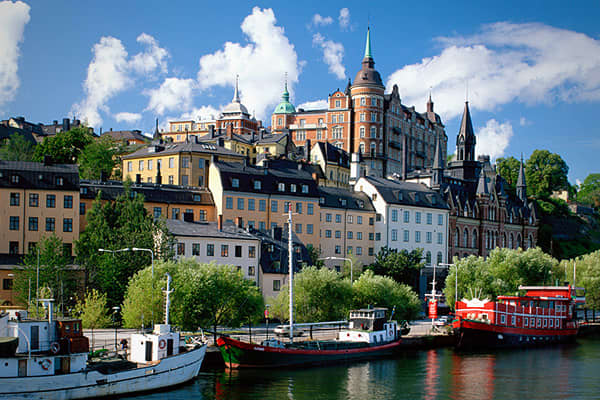
Stockholm, Sweden
Stockholm might be better known as a tourist
hub (or for its cleanliness), but last year, U.S. venture capital firms
invested nearly $200 million in Swedish tech companies — mostly in
Stockholm. In 2010, they sunk in $308 million. Streaming music giant
Spotify calls the city home, as does Qliktech, a business analytics
company. The city is even a gaming hub, with Mojang, the creator of the
Indie-game smash Minecraft, set there.
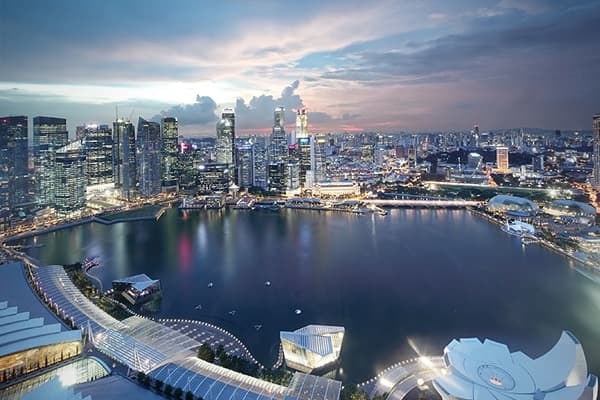
Singapore
As the Asia-Pacific region continues to gain
importance in the tech world, Singapore's diverse and supportive
ecosystems has made it a go-to city for companies like Roche and
GlaxoSmithKline, which have opened branches there. Using tax credits and
its well-established broadband infrastructure, the city/state is
becoming a major player in the health technology field.
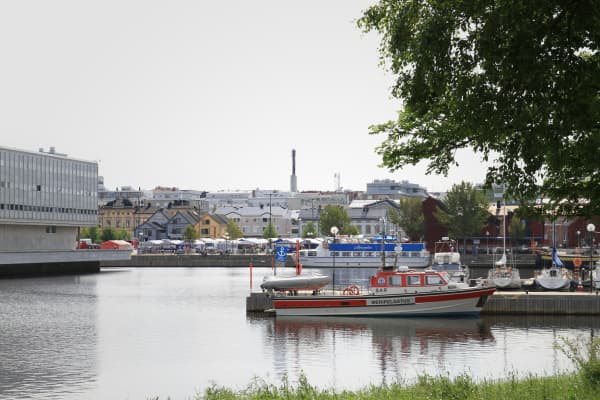
Oulu, Finland
While Finland is best known as the birthplace
of Nokia, the real growth these days in the country is coming from the
city of Oulu. The area surrounding the city boasts two science parks, a
number of research institutes and the city is considered a "living lab" —
since residents often experiment with new technology on a broad scale.
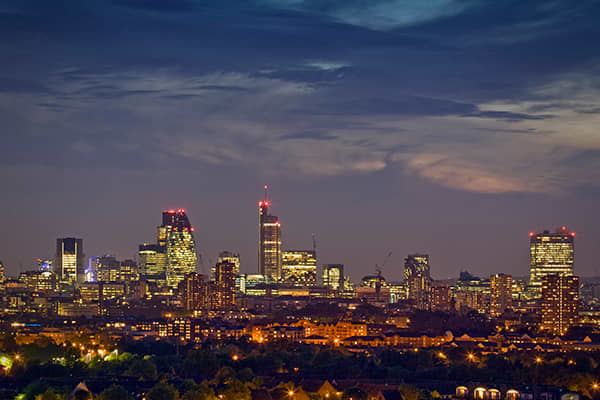
London's East End, U.K.
London, in and of itself, isn't exactly new as
a technology center, but the East London Tech City project (a hub
located in the city's eastern district) has increasingly become the
place to be for new companies in recent years.
Modeled after Silicon Valley, the area has seen the number of tech companies grow from 15 in 2008 to over 200 last year.Intel is establishing a new research lab. And Google and Facebook have also located offices there.
Modeled after Silicon Valley, the area has seen the number of tech companies grow from 15 in 2008 to over 200 last year.Intel is establishing a new research lab. And Google and Facebook have also located offices there.
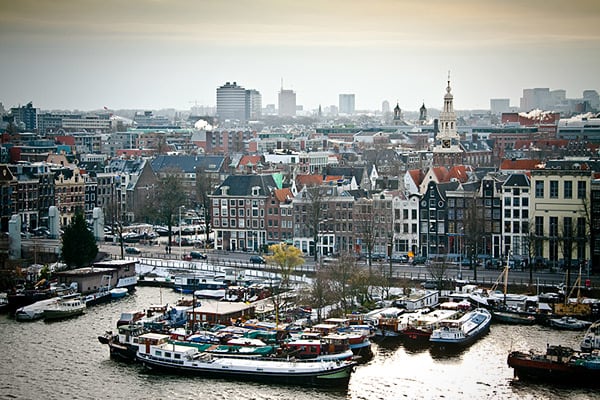
Amsterdam, The Netherlands
Maybe it's the city's progressive attitude
that's attracting them, but entrepreneurs have been rushing to Amsterdam
recently. The startup community is a close-knit one, too — something
that has earned the praise of Twitter co-founder Dom Sagolla.
A big focus is on the app world, with the most notable success being Tapulous, the maker of "Tap Tap Revenge," bought by Disney in 2010. The city is also the home to two startup accelerator programs.
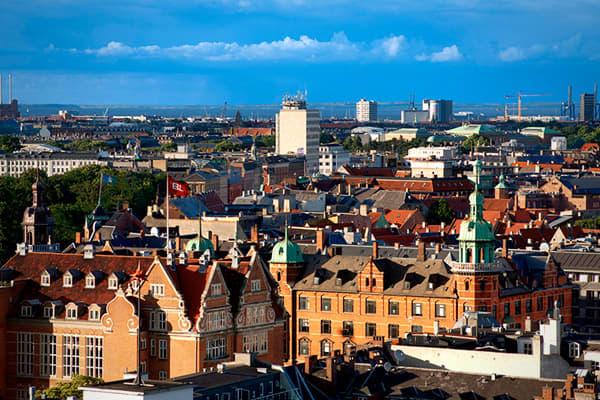

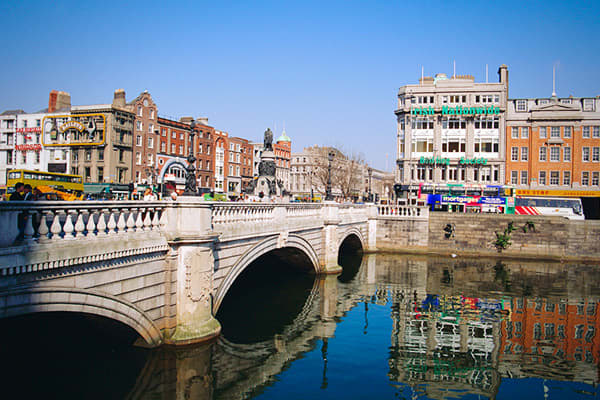
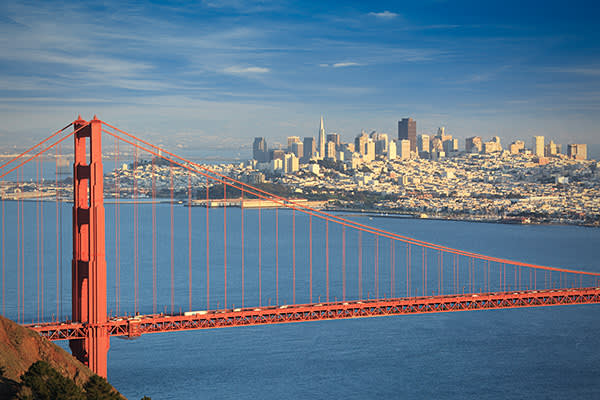

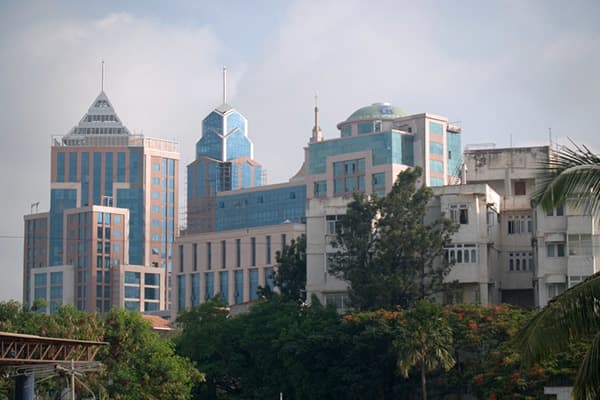
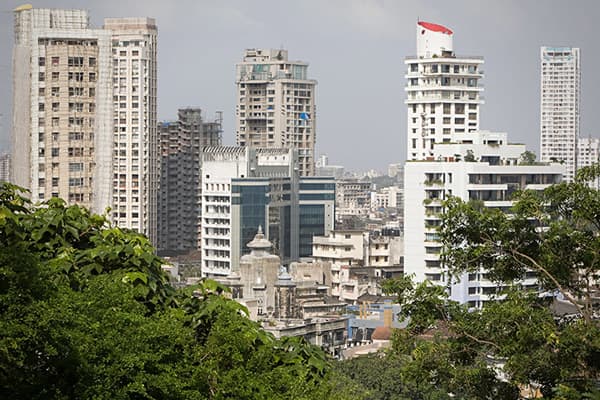
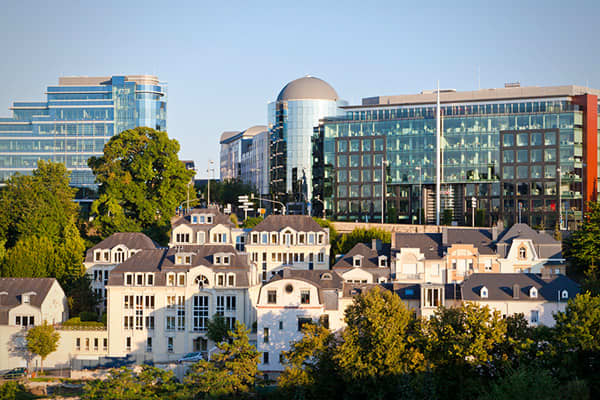
A big focus is on the app world, with the most notable success being Tapulous, the maker of "Tap Tap Revenge," bought by Disney in 2010. The city is also the home to two startup accelerator programs.

Copenhagen, Denmark
Founder's House, an invitation-only incubator
that opened in Copenhagen last year, is the stuff of entrepreneurial
dreams. Funding isn't required, but drive is. In return, founders get a
startup-friendly environment where they can mingle with other
entrepreneurs, each learning from the other's skills. The chief hurdles
for the city are a general shortage of venture capital and a lack of tax
incentives to entice companies.

Hong Kong, China
Beijing, historically, has been the hot spot
of Chinese tech innovation, but in recent years the focus has shifted to
Hong Kong. The city's incredibly fast Internet speeds, lack of Internet
censorship and easy set-up for new companies has made it a hub for
software development (particularly apps and videogame companies). At the
center of the movement is Cyberport, a popular tech campus with its own
startup incubator program.

Dublin, Ireland
Dublin's lower cost of living and cheap taxes
are often cited as a reason for its appeal to tech companies (and were
certainly a lure for Google, Facebook, LinkedIn and others). But many
companies also cite the talent pool in the country as a reason for
basing European headquarters there.
The city also hosts two must-attend tech conferences — the Dublin Web Summit and F.ounders, which are luring more startups to the country. There's also capital. The Irish Venture Capital Association estimates over €500m has been invested in 315 technology companies since mid-2010.
The city also hosts two must-attend tech conferences — the Dublin Web Summit and F.ounders, which are luring more startups to the country. There's also capital. The Irish Venture Capital Association estimates over €500m has been invested in 315 technology companies since mid-2010.

San Francisco
While Palo Alto and the rest of Silicon Valley
are generally lumped in with San Francisco in most people's minds, the
Bay City itself has traditionally been a bit less startup friendly.
That's changing, though.
Bob Ackerman, founder and managing director of Alleges Capital, calls San Francisco one of the "hot new startup spots."
"Not just Silicon Valley, but actually the city of San Francisco," he said. "More than 4,000 startups are present in San Francisco today."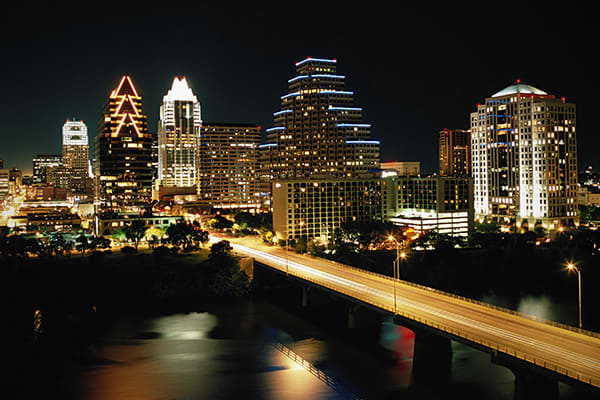
Bob Ackerman, founder and managing director of Alleges Capital, calls San Francisco one of the "hot new startup spots."
"Not just Silicon Valley, but actually the city of San Francisco," he said. "More than 4,000 startups are present in San Francisco today."

Austin, Texas
The Texas music and BBQ hub was thrust into
the national tech spotlight, thanks to the annual South by Southwest
festival, which launched an Interactive arm in 2007.
Since then, the city has become a hub in its own right, with companies like Apple, Samsung and Google opening operations there. It also has a thriving videogame development community. Other focuses include e-commerce and software-as-a-service firms.
Since then, the city has become a hub in its own right, with companies like Apple, Samsung and Google opening operations there. It also has a thriving videogame development community. Other focuses include e-commerce and software-as-a-service firms.

Nicosia, Cyprus
The WIPO cites Cyprus as showing great
potential in knowledge and technology outputs, saying "in a perfect
world for innovation" the country would be leading in new business
density. It's not quite living up to that promise, but it has landed the
regional headquarters of NCR and TSYS. And the high per-capita income
makes it ripe with possibilities for startups.

Bangalore, India
India's technology center, set in the southern
region of the country, not only ranks #2 on the Global Innovation
Efficiency Index, but it's also among the 10 most preferred cities among
entrepreneurs, according to the Startup Genome Project.
Entrepreneurs in India (on the whole) raised $1.5 billion in 155 rounds last year (an improvement on the $1.1 billion raised in 103 rounds in 2010), according to Ernst & Young.
Entrepreneurs in India (on the whole) raised $1.5 billion in 155 rounds last year (an improvement on the $1.1 billion raised in 103 rounds in 2010), according to Ernst & Young.

Mumbai, India
Mumbai (better known as Bombay to Westerners)
is set on the country's west coast, giving it easy access to the Arabian
Sea, which helps companies ship goods easily.
In 1967, it was the birthplace of India's IT services base, but by the 1980s, 80 percent of the country's software exports were coming from here.
Today, the two fields have evened out. Many foreign IT companies have offices here — and software companies ranging from Oracle Financial Services to Thinklabs have offices here.
In 1967, it was the birthplace of India's IT services base, but by the 1980s, 80 percent of the country's software exports were coming from here.
Today, the two fields have evened out. Many foreign IT companies have offices here — and software companies ranging from Oracle Financial Services to Thinklabs have offices here.

Luxembourg
While this city (and country) is small, it has
the highest GDP per capita in the world thanks to its strong banking
industry. Luxembourg is diversifying, though, using its tax structure to
lure companies like Apple's European iTunes distribution base,Zynga and
Amazon. The city is also focusing on cloud services.
And PricewaterhouseCoopers has set up an accelerator program there, helping later stage startups achieve rapid growth – with a special focus on smart technologies, digital life, mobility, cloud, new financial solutions and health/well being.
And PricewaterhouseCoopers has set up an accelerator program there, helping later stage startups achieve rapid growth – with a special focus on smart technologies, digital life, mobility, cloud, new financial solutions and health/well being.
No comments:
Post a Comment